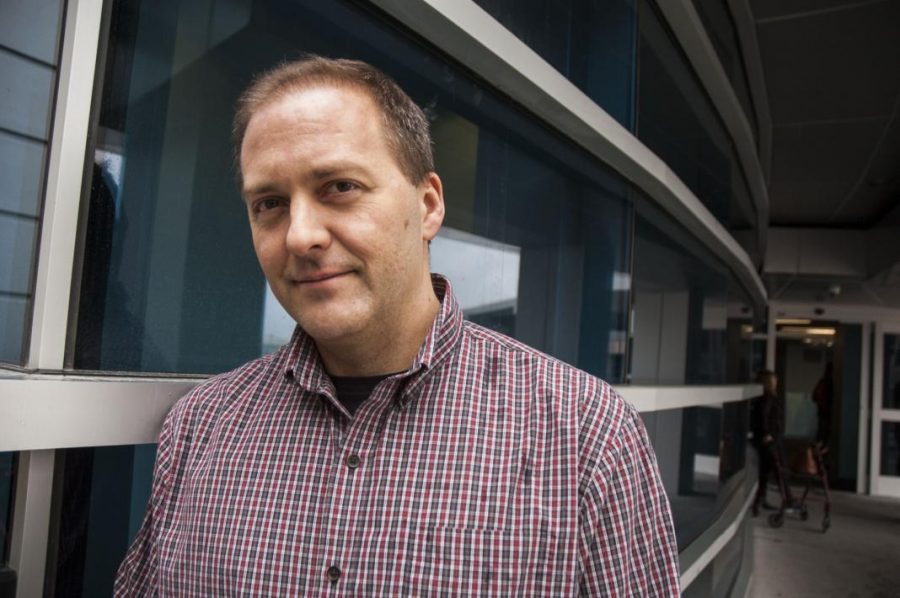Everyone loves to pop in their headphones and jam out to escape for a couple of hours, but music can actually help improve your health, too. Scientists at the University of Utah are currently researching the benefits of music and how it interacts with our brains.
Mary Whyte, SCMT and MT-BC, is the current director of Pure Progression, an organization that provides evidence-based music therapy. All those letters by her name — SCMT and MTBC — stand for her certifications to treat clients: State-Certified Music Therapist and Music Therapist—Board Certified.
Whyte’s clients receive therapy by actively participating in music. Whyte said this can be done through “musical improvisation, lyric discussion, relaxation interventions, songwriting and more.” Music therapy works with all ages, infancy to end-of-life care, and it is completely customizable to each client. It’s not stuffy either. In Whyte’s practice, “all styles of music are used, usually client preferred.”
“[Music therapy is effective because it] has a very motivating and engaging nature [according to] how our bodies not only respond to music, but how we use music in our daily lives already,” Whyte said.
You might be questioning how much you listen music, but in reality, it’s everywhere.
Pay attention the next time you are at the grocery store or walking around the mall, or recall the last time you went out to eat at a restaurant. Most people even listen to music in their cars. Even the annoying parts of life, like sitting on hold, still involve music. Whyte points out music is one of the first things we ever hear: our mother’s heartbeat.
“People have been using music for healing since the beginning of time … but music therapy became an allied health profession after WWII [through] working with veterans dealing with PTSD,” Whyte said.
That’s not all. Researchers are now realizing that listening to music lights up an area of the brain so central that it is one of the last pieces to deteriorate in Alzheimer’s disease. Jeffrey Anderson, who is an associate professor of radiology, is doing a study on how music can be used as a treatment for Alzheimer’s disease. He and Norman Foster, who is a professor of neurology and the director of the U’s Center for Alzheimer’s Care, have just completed a study on using music to help the memory of patients in the early to middle stages of Alzheimer’s disease.
Their study is still under peer review, but Anderson said it was inspired by the 2014 Sundance Audience Award winner “Alive Inside,” a documentary about dementia. In the film, researchers play music selections prepared by the families of dementia patients to their loved ones in military care facilities. The results are quite beautiful, and they inspired Anderson to do the same thing while scanning patients’ brains.
The results were conclusive.
“Even people with severe memory loss recognized music,” Anderson said.
Researchers played the music backwards and forwards with the same result. Something about notes and rhythms set to melody speaks to people on a different level.
Music is paving new paths through disease. It provides families of dementia patients a way to communicate with their loved ones again — a priceless opportunity for families whose loved ones no longer remember them. So next time you tune out, tune in to your favorite songs. They might just be the last thing you remember.
m.slack@dailyutahchronicle.com
@slack_madge


